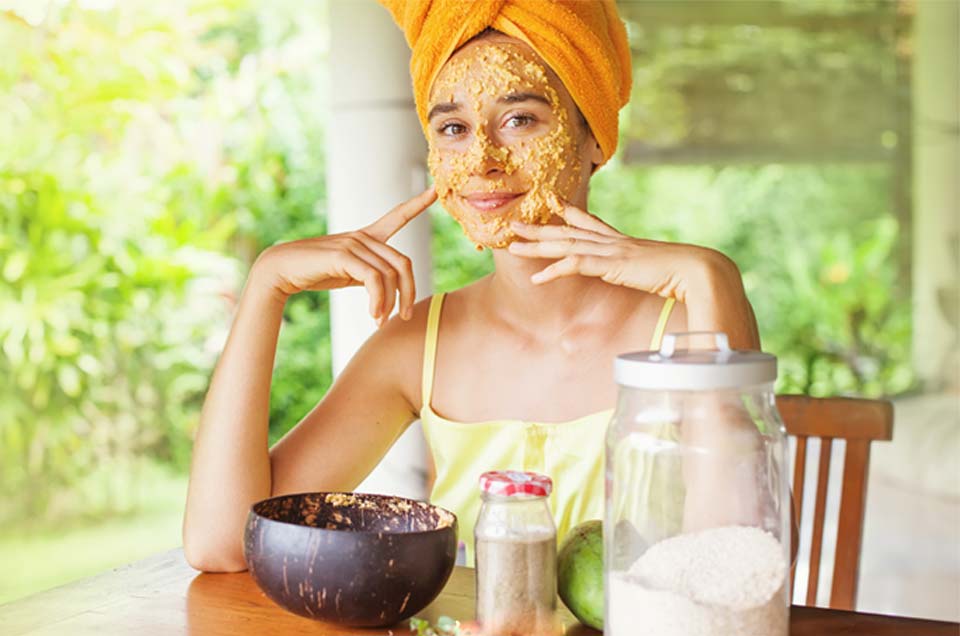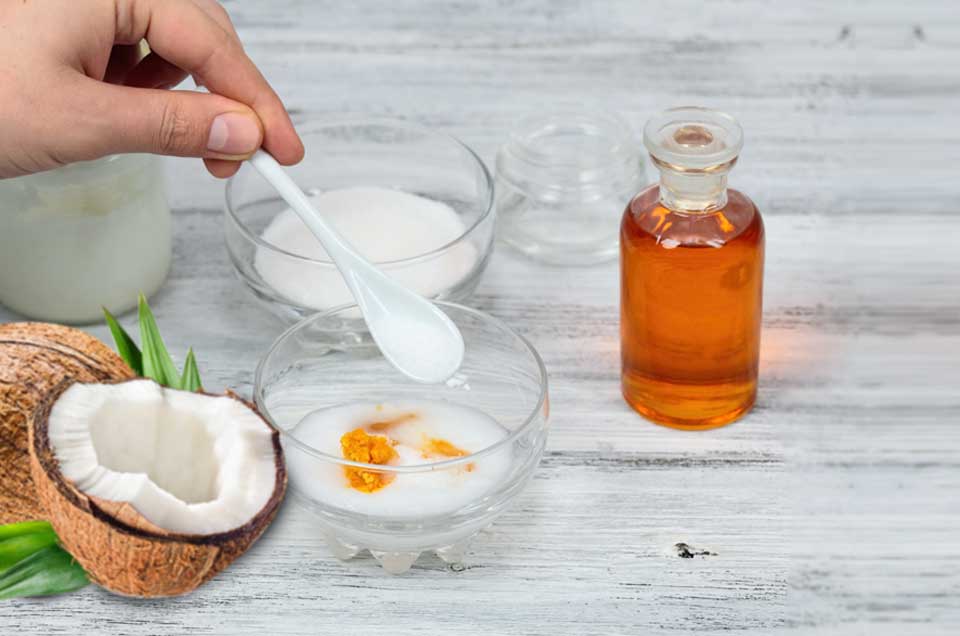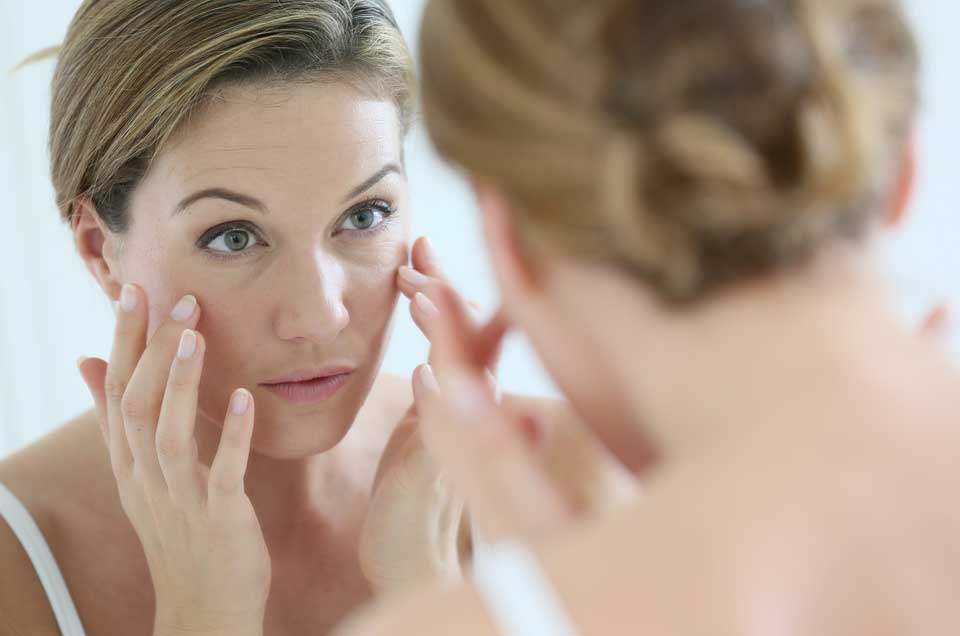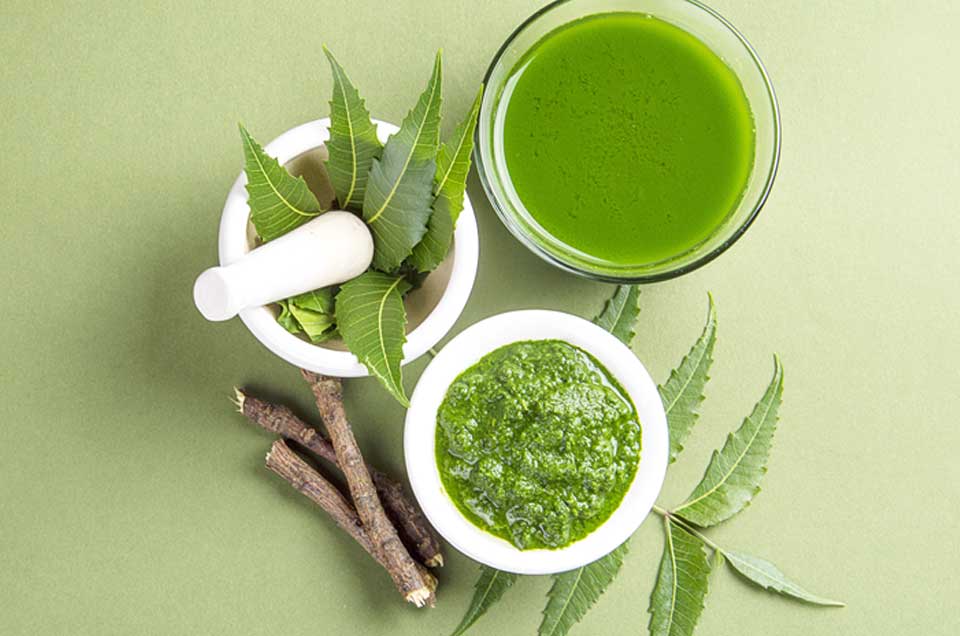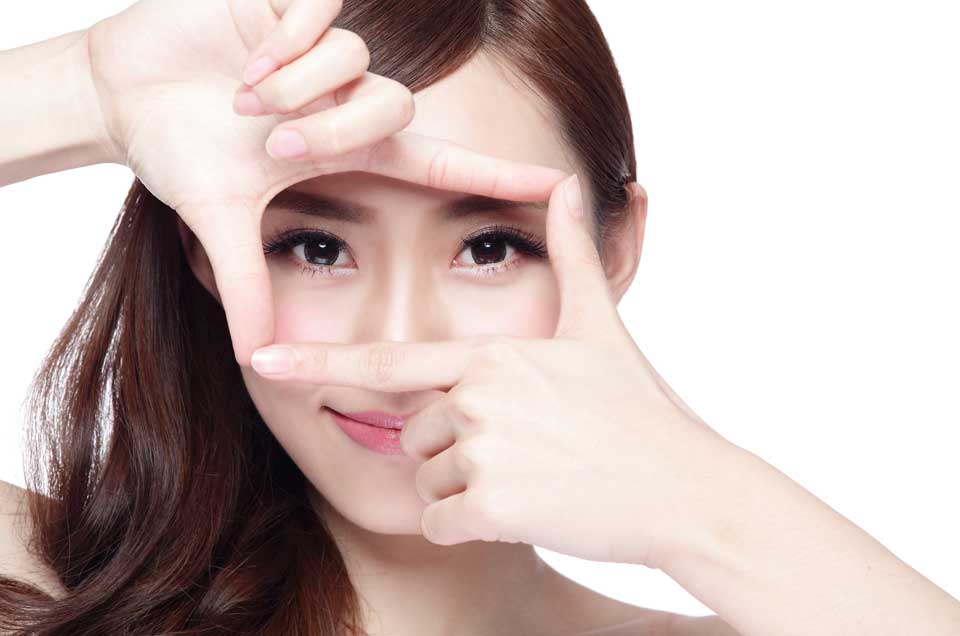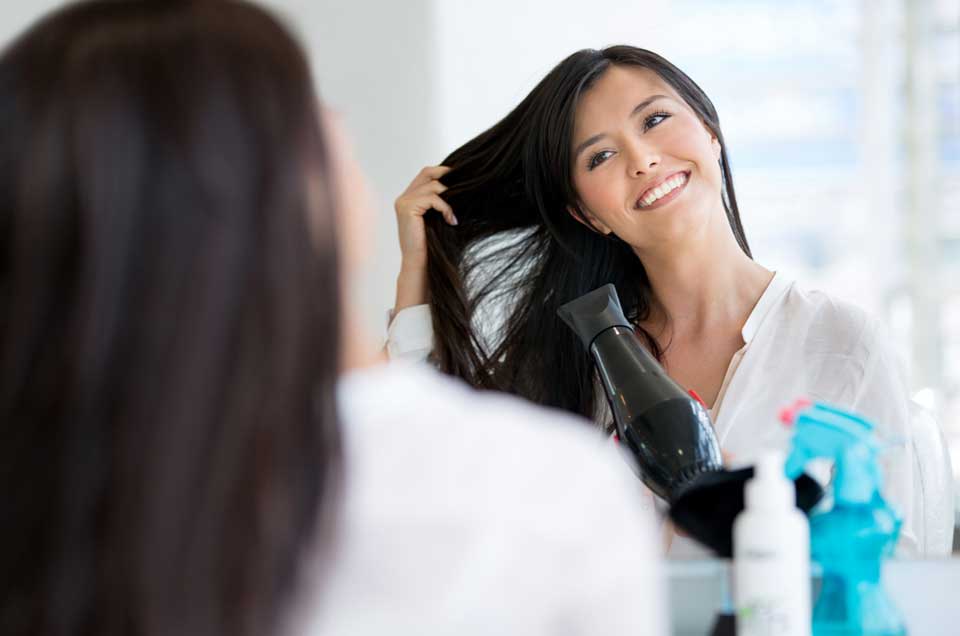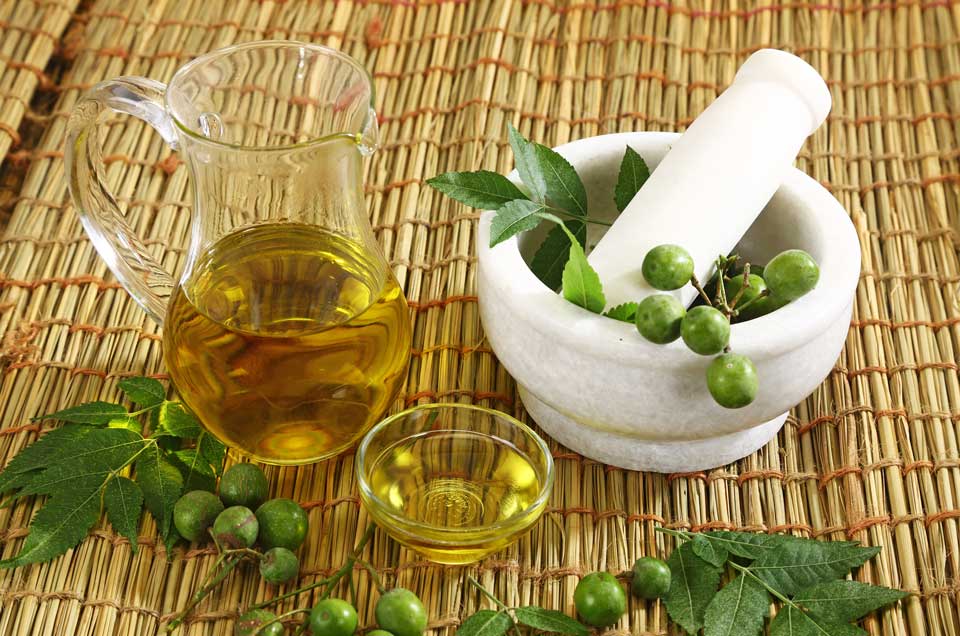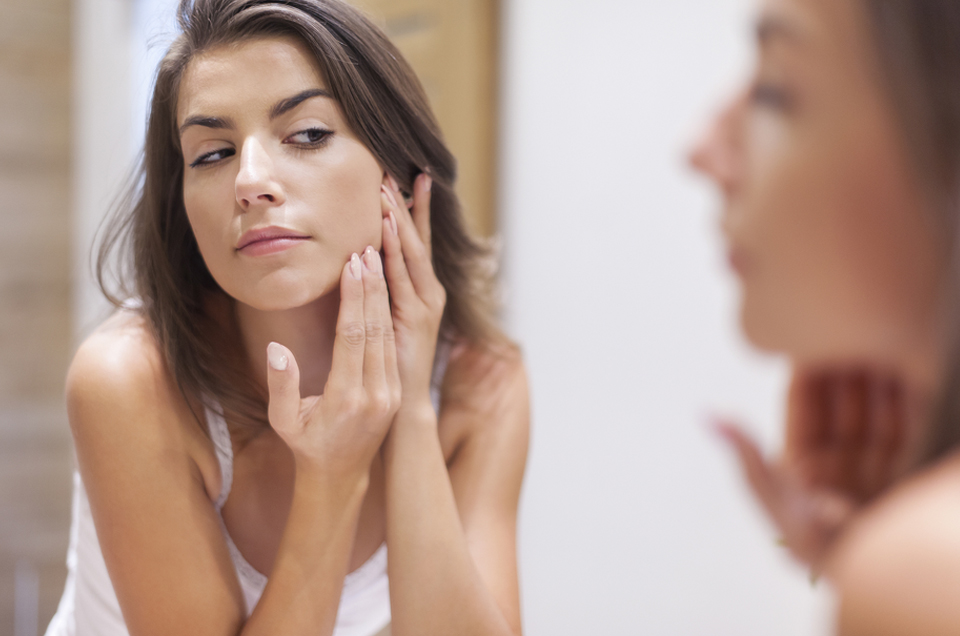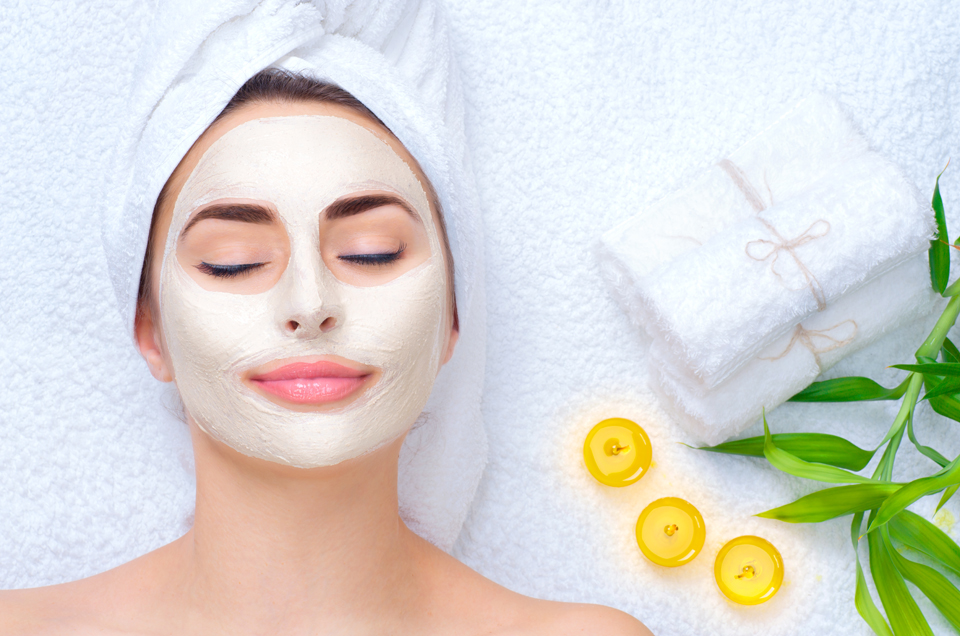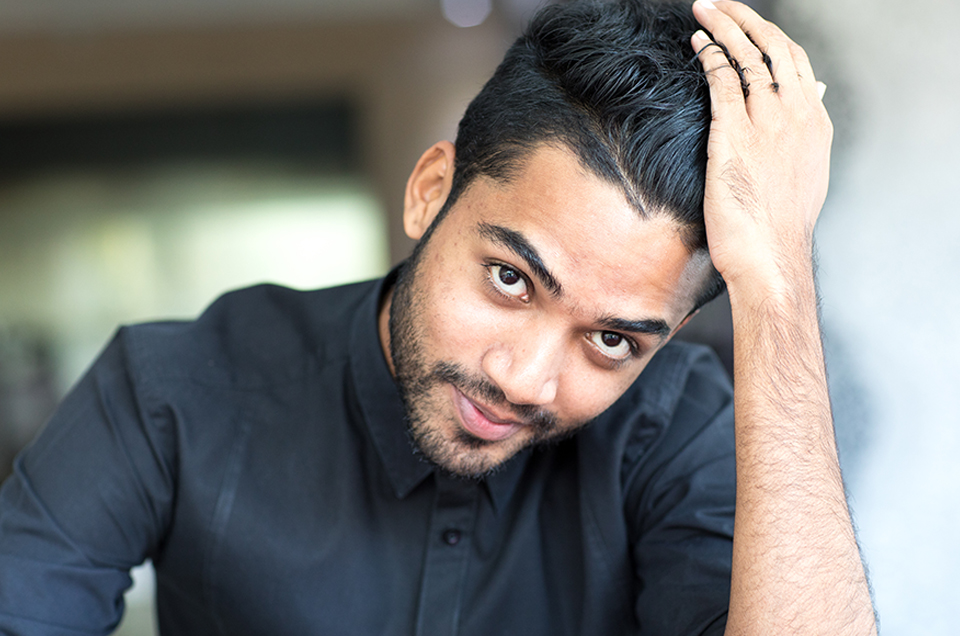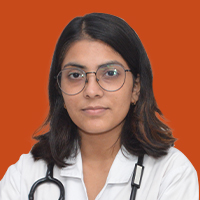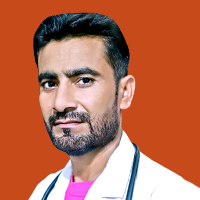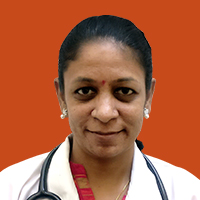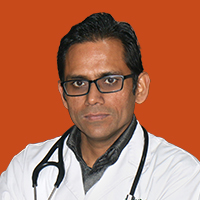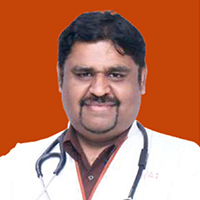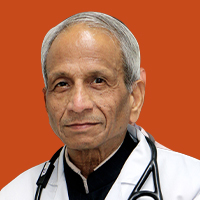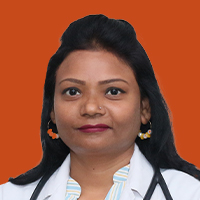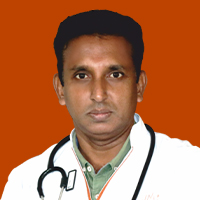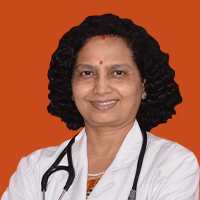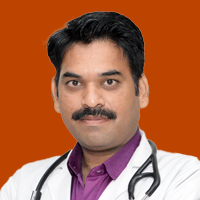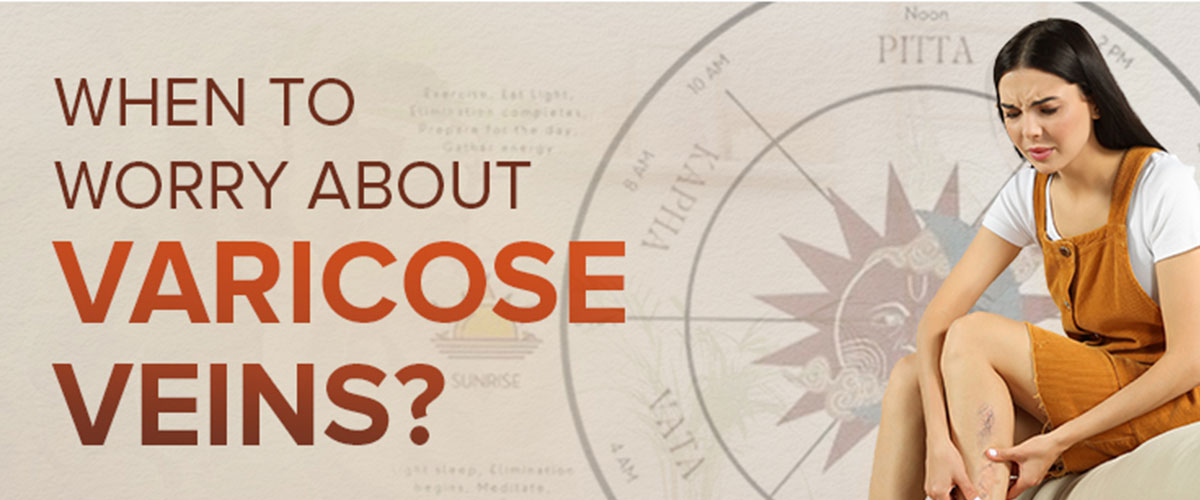 They usually look like bulging bluish-purple twisted lines on the leg. According to some, they are just a cosmetic issue, but sometimes, they signify serious problems. If you want to know ‘how to prevent varicose veins’ naturally, then this article is for you.
They usually look like bulging bluish-purple twisted lines on the leg. According to some, they are just a cosmetic issue, but sometimes, they signify serious problems. If you want to know ‘how to prevent varicose veins’ naturally, then this article is for you.
What are the Causes of Varicose Veins?
If you have varicose veins, it means that there is something wrong with the valves in your veins that control blood flow. This results into blood pooling inside the veins causing them to widen and twist producing a knotted appearance. Although they can develop anywhere, varicose veins most often affect the legs and feet, which is majorly contributed by prolonged periods of standing or walking.
Symptoms Beyond Appearance:
Apart from the visible signs, there are other symptoms of varicose veins to watch out for, as they can indicate a more severe stage, such as:
- Tiredness and fatigue in the legs
- Itchy and painful areas around these specific vein clusters
- Swollen ankles and feet
- Discolored skin surrounding the affected vessels
- Leg ulcers (open sores) in severe cases
When to Worry About Varicose Veins?
Knowing when normal cosmetic issues start becoming medical problems is essential. Knowing when to ignore and when to worry about varicose veins can save you from future risks associated with it. Watch out for the below indicators to see a doctor as soon as possible:
Continuous Leg Pain: If your legs hurt all day long or if you have swelling sensations throughout, then it may indicate a serious vascular condition.
Skin Changes: Discolored skin, especially around the ankle area or leg ulcers, is an advanced indication of vein disease.
Hard or Warm Veins: If you see hard, swollen, or warm veins, they can indicate an inflamed thrombophlebitis site that calls for medical attention.
Bleeding Varicose Veins: If a small scratch makes those veins bleed profusely, you should worry about them. A situation where one starts bleeding due to collapsed, twisted veins requires urgent treatment.
Non-Healing Sores or Ulcers: These are raw spots on people’s limbs that do not close up due to chronic venous insufficiency, which normally needs specialized medical attention.
Sudden Leg Swelling: One leg becoming suddenly bigger could be a deep vein thrombosis (DVT) developing, which is when a blood clot forms in one of these large veins.
Potential Complications of Varicose Veins
If left untreated, having varicose veins can result in various complications such as:
Ulcers: Ulcers are sore wounds that form on the skin near enlarged vessels, especially at the ankle. They are caused by long-term fluid accumulation in these tissues due to increased blood pressure flowing through exposed veins.
Blood Clots: Swollen legs can sometimes be caused by bigger veins situated within your lower limbs. In case this happens, you may require immediate medical help because it can indicate the formation of a blood clot, also called thrombophlebitis.
Bleeding: One of the severe varicose vein stages is when the veins close to the skin may burst. The bleeding is usually minor, but any bleeding should be immediately assessed since it’s likely to recur.
Risk Factors:
People often wonder what causes varicose veins. There are several factors that increase the chances of developing varicose veins:
- Family history: You are at a higher risk if you have a relative who has ever suffered from varicose veins.
- Pregnancy: Hormonal changes during pregnancy can weaken your vein walls, resulting in the development of varicose veins.
- Obesity: When a person has excess weight, there is more strain put on the leg vessels.
- Age: The likelihood of getting varicose veins increases with age.
- Persistently sitting or standing: The risk can increase due to professions that require prolonged sitting or standing.
- Sex: Especially during pregnancy and menopause, females are at an elevated risk of developing varicose veins than males.
How to Prevent Varicose Veins in Ayurveda?
Change in Diet:
- Eat Balanced Food: Include fruits, vegetables and whole grains in your diet because they contain a lot of fiber content which prevents constipation – a condition that pressures veins contributing to varicose veins.
- Good Fats: Not all fats are bad for you! Your meals must have healthy fats such as clarified butter (ghee) as well as olive oil.
- Anti-Inflammatory Foods: Turmeric, ginger, garlic green leafy vegetables among others spices possessing anti-inflammatory properties should be a part of your meal.
Herbal remedies:
- Gotu Kola (Centella Asiatica): Gotu Kola is used to improve blood flow and strengthen the veins.
- Triphala: It is composed of three fruits and serves as a detoxification agent, thus promoting general well-being.
- Guggul: It possesses an anti-inflammatory activity that reduces swelling and enhances blood circulation.
- Ashwagandha: It curbs stress levels thus promoting better all-round health.
Lifestyle Changes:
- Regular Exercises: You may engage in activities like jogging swimming or yoga for improved blood circulation throughout your body.
- Avoid Long Stands & Sits: Taking several breaks from continuous sittings or standing will enhance bloodstream movement in your legs.
- Maintain Healthy Body Weight: Too much weight exerts pressure on the blood vessels of the legs leading to their dilation and hence varicosities may arise.
- Raise Your Legs Upwards: In order to minimize strain on your vein make sure that you regularly elevate your legs above the level of the heart.
- Put on Support Stockings: They could be used to promote blood circulation and avoid pooling of blood in the veins.
Yoga & Pranayama:
- Leg-Raising Asanas: You can practice different yoga postures, such as Viparita Karani (Leg Up the Wall) yoga, to help improve blood circulation in the legs.
- Pranayama: Anulom Vilom (Alternate Nostril Breathing) is an example of a breathing exercise that not only helps reduce stress levels but also improves general health and well-being.
Massage and Oil Application:
Massaging the extremities with a warm sesame oil or specifically made ayurvedic oils for this purpose enhances blood circulation as well as reduces the chances of getting varicose veins.
Dry Brushing: Use a natural bristle brush to gently rub your skin starting from your feet in round motions while enhancing blood flow.
Avoid Wearing Tight Clothes:
It is essential to avoid tight clothes especially around the waist, legs and groin since these parts restrict normal blood flow.
If one knows how to prevent varicose veins naturally and by following an ayurvedic lifestyle, they can prevent all other related problems too, ensuring smooth movement of blood in circulatory system.
FREQUENTLY ASKED QUESTIONS
What are causes of varicose veins?
Varicosities may be caused by various factors like family history, age, standing or sitting for long periods of time, obesity, pregnancy, and changes in hormones.
Are varicose veins dangerous?
Though rarely fatal at times it may lead to complications such as skin ulcers, deep vein thrombosis (DVT), chronic venous insufficiency (CVI). In case one feels extreme pain or swelling it’s important to make an urgent call for medical assistance.
Which treatment options are available for varicose veins?
These include changes in lifestyle; compression stockings; sclerotherapy where medicine is injected into the vein; laser treatments that use light energy;- radiofrequency ablation which uses heat that shrinks and closes veins; surgical procedure-removal. Even Ayurvedic treatments can be impactful in managing symptoms and naturally improving blood circulation
Do varicose veins go away on their own without invasive treatment?
Varicose veins usually do not disappear on their own, although you can manage symptoms and alleviate the condition through lifestyle changes, ayurvedic remedies, and proper medical care.



